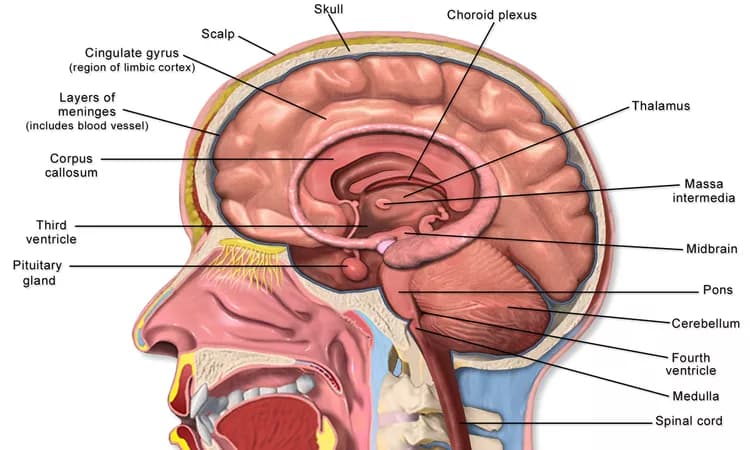
Synaptic Receptor Mobility: Discovery Of A New Mechanism For Controlling Memory
Researchers in Bordeaux recently discovered a new mechanism for storing information in synapses and a means of controlling the storage process. The breakthrough moves science closer to unveiling the mystery of the molecular mechanisms of memory and learning processes. The research, carried out primarily by researchers at the Interdisciplinary Institute for Neurosciences (CNRS/Université de Bordeaux) and the Bordeaux Imaging Center (CNRS/Université de Bordeaux/Inserm), appears in the 13 September 2017 edition of Nature.
Communication between neurons passes through over one million billion synapses, tiny structures the tenth of the width of a single hair, in an extremely complex process. Synaptic plasticity -- the ability of synapses to adapt in response to neuronal activity -- was discovered nearly 50 years ago, leading the scientific community to identify it as a vital functional component of memorization and learning.
Neurotransmitter receptors -- found at the synapse level -- play a key role in the transmission of nerve messages. A few years ago, the team of researchers in Bordeaux discovered that neurotransmitter receptors were not immobile as thought previously, but in a constant state of agitation. They posited that controlling this agitation through neuronal activity could modulate the effectiveness of synaptic transmission by regulating the number of receptors present at a given time in a synapse.
The new research has taken the two teams further in their understanding of the basic mechanisms behind how information is stored in the brain. Scientists combined techniques based on chemistry, electrophysiology and high-resolution imaging to develop a new method to immobilize receptors at synaptic sites. This method successfully stops receptor movement, making it possible to study the impact of the immobilization on brain activity and learning ability. It provides evidence that receptor movement is essential to synaptic plasticity as a response to intense neuronal activity.
Researchers also explored the direct role of synaptic plasticity in learning. By teaching mice to recognize a specific environment, they show that halting receptor movement can be used to block the acquisition of this type of memory, confirming the role of synaptic plasticity in this process.
The discovery offers new perspectives on controlling memory. The memorization protocol tested here activates a particular area of the brain: the hippocampus. The next step for researchers is to determine if the mechanism discovered can also be applied to other forms of learning and, by extension, to other areas of the brain. From a technical standpoint, it will be possible to develop new, reversible and light-sensitive methods of immobilizing receptors in order to better control the process.
Materials provided by CNRS. Note: Content may be edited for style and length.
Disclaimer: DoveMed is not responsible for the accuracy of the adapted version of news releases posted to DoveMed by contributing universities and institutions.
References:
A. C. Penn, C. L. Zhang, F. Georges, L. Royer, C. Breillat, E. Hosy, J. D. Petersen, Y. Humeau, D. Choquet. (2017). Hippocampal LTP and contextual learning require surface diffusion of AMPA receptors. Nature. DOI: 10.1038/nature23658
Related Articles
Test Your Knowledge
Asked by users
Related Centers
Related Specialties
Related Physicians
Related Procedures
Related Resources
Join DoveHubs
and connect with fellow professionals

0 Comments
Please log in to post a comment.